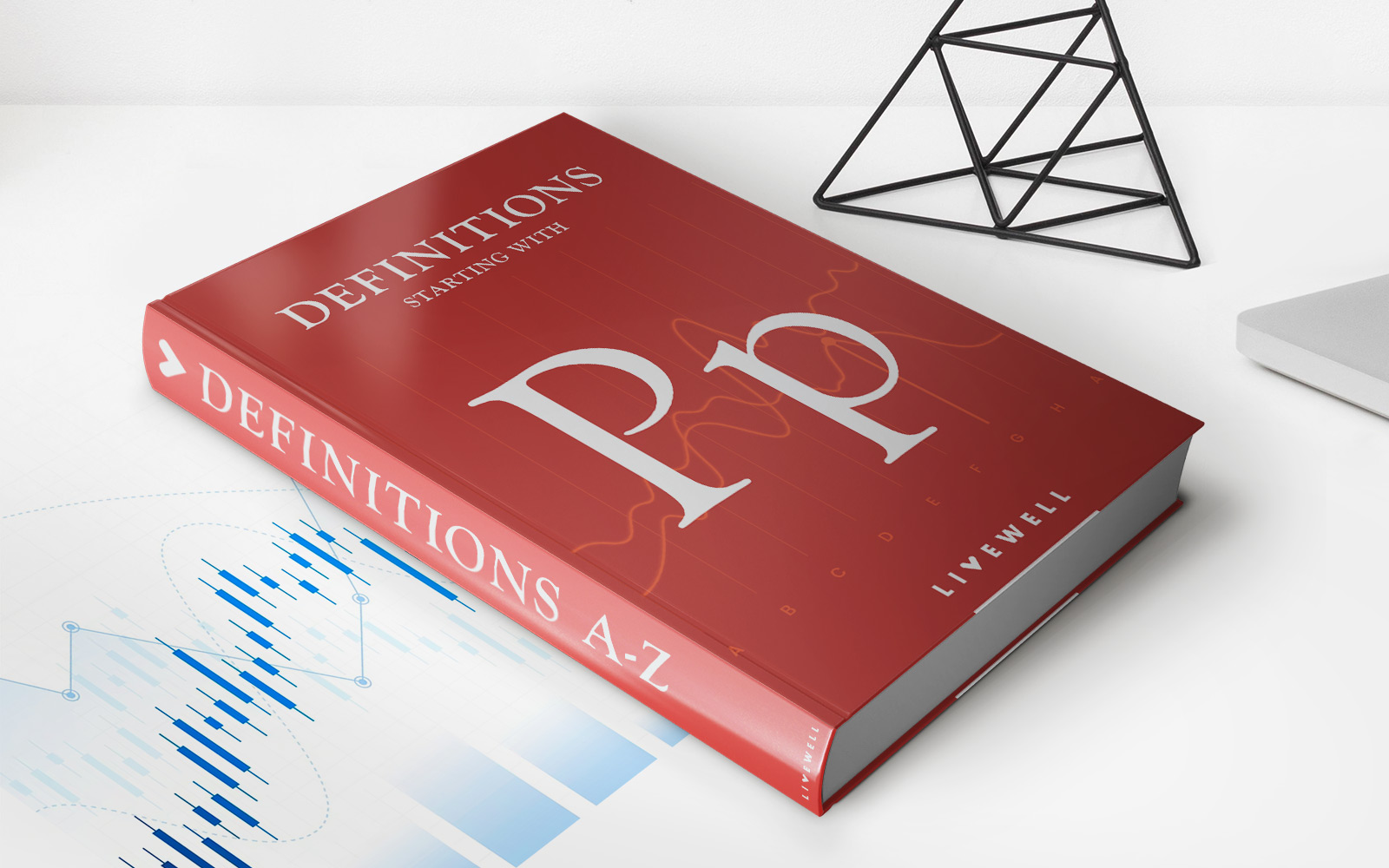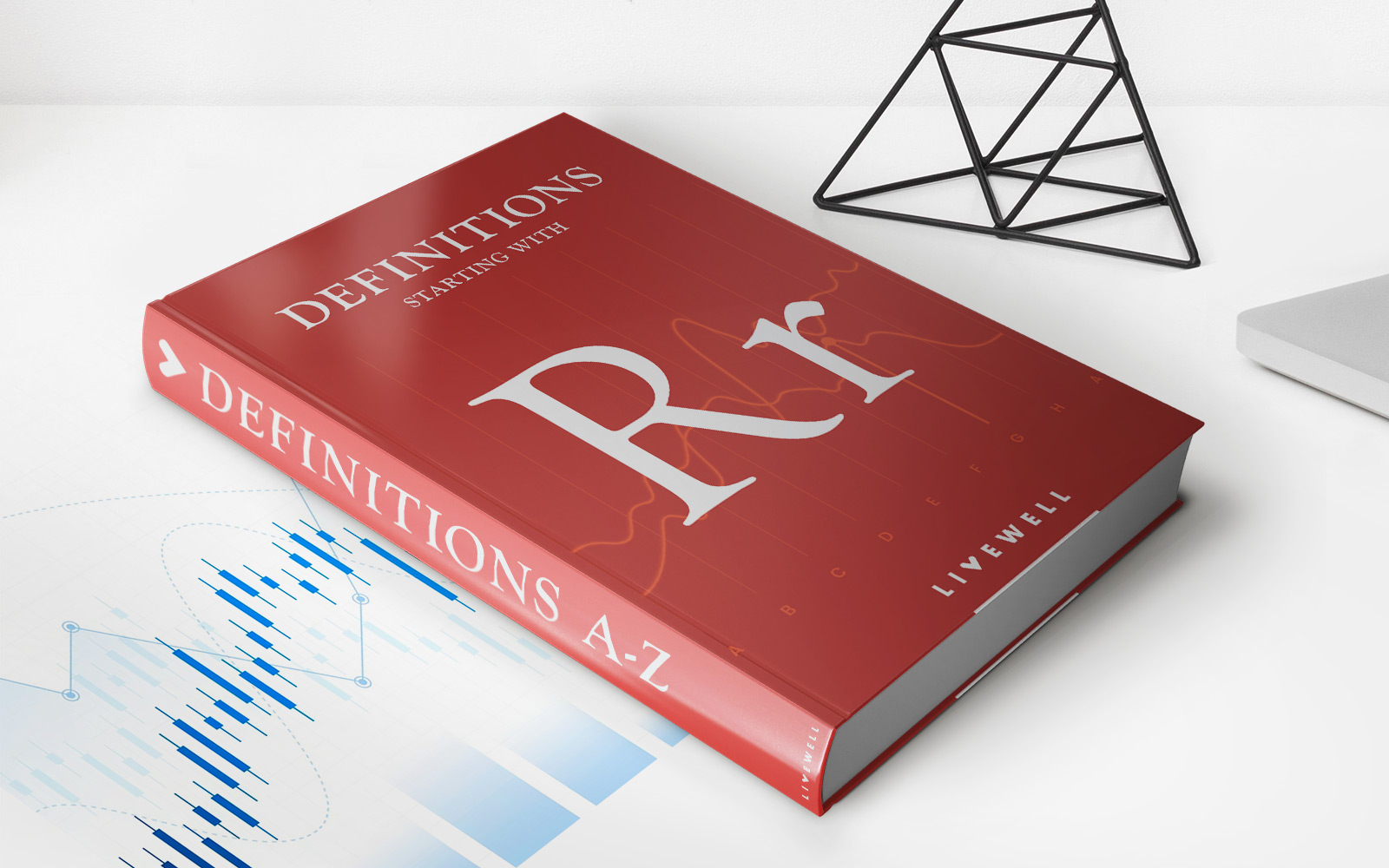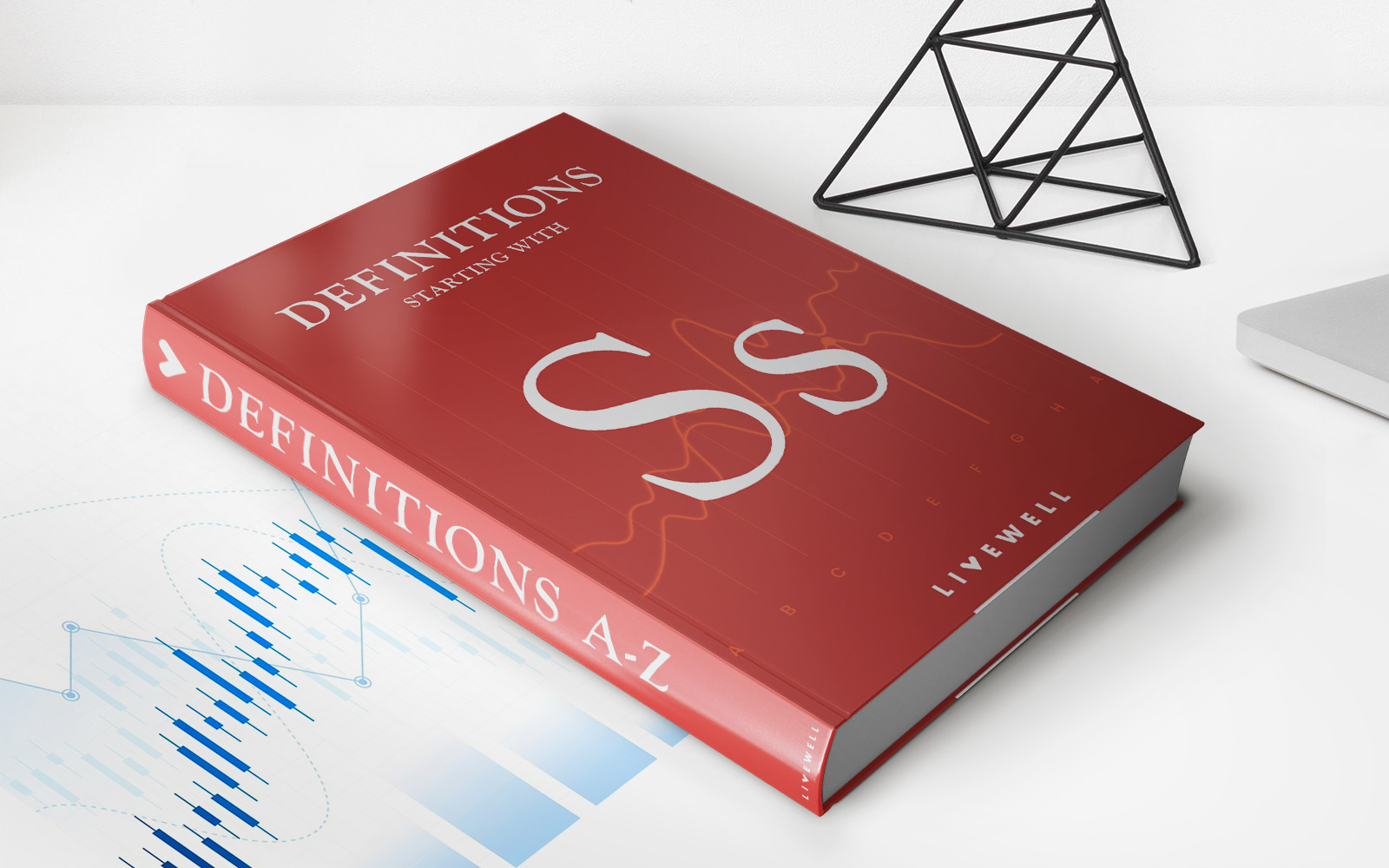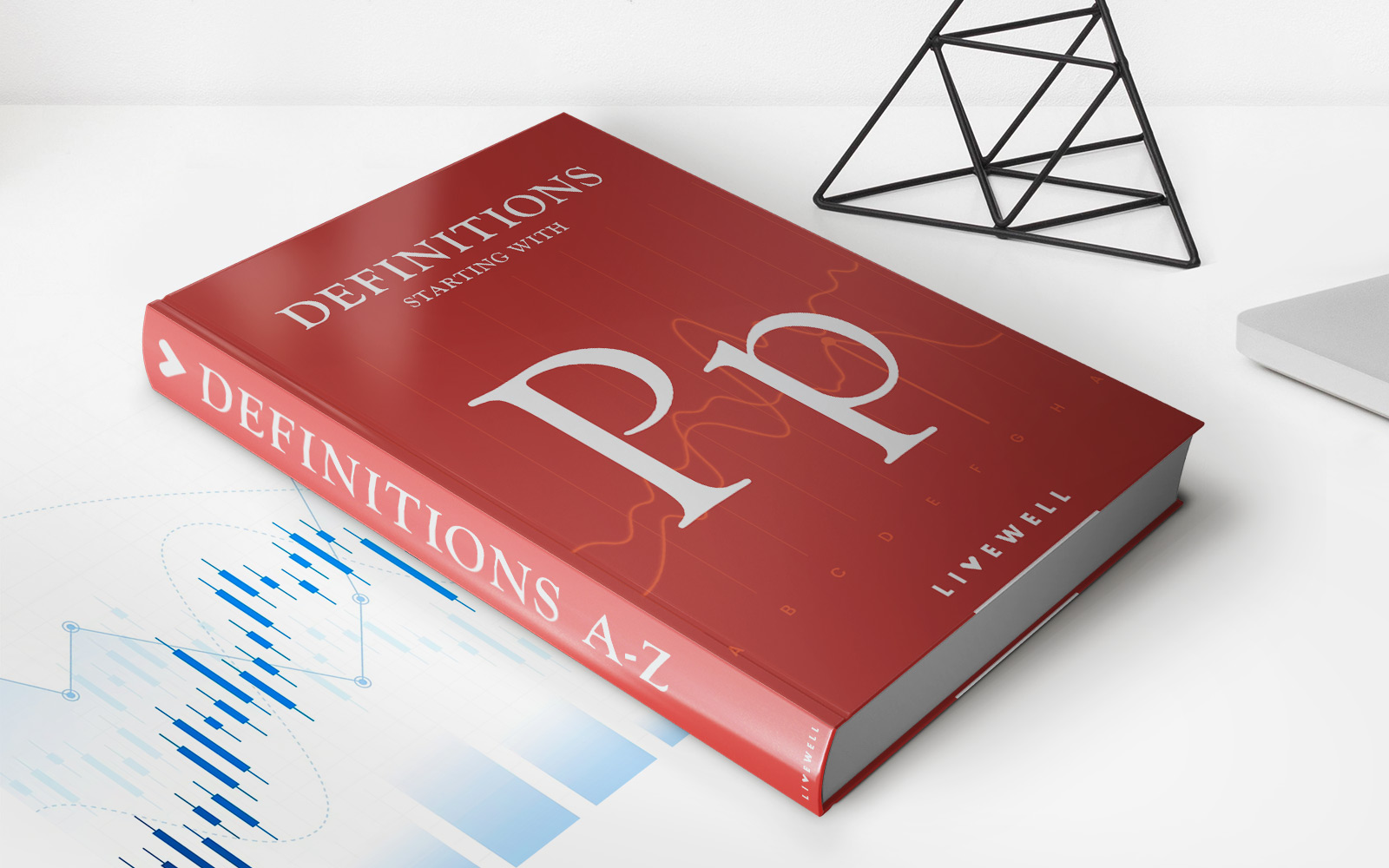Home>Finance>Primary Account Holder: Definition, Examples, Vs. Secondary
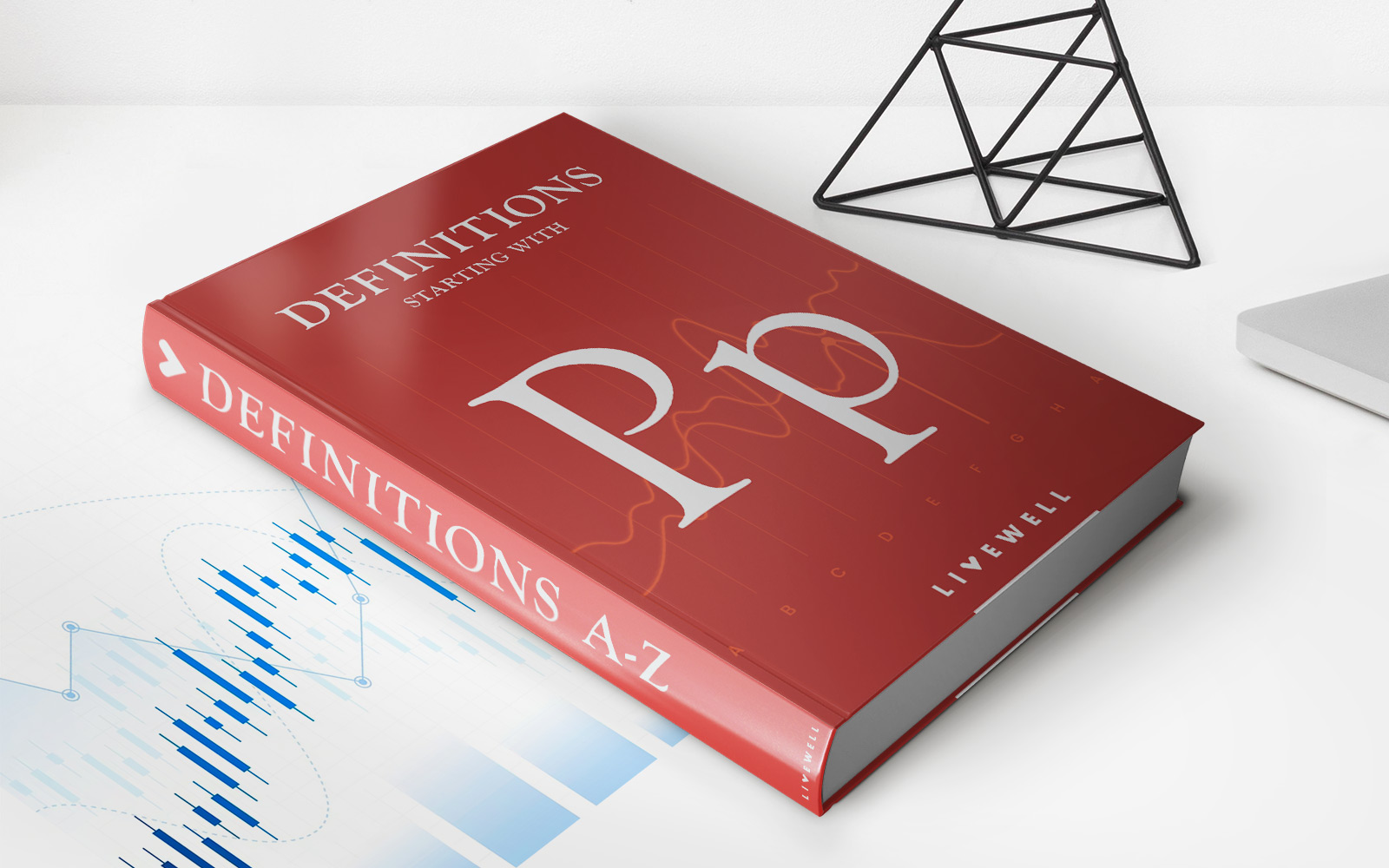

Finance
Primary Account Holder: Definition, Examples, Vs. Secondary
Published: January 11, 2024
Learn the definition and examples of a primary account holder in finance, and understand the difference between primary and secondary account holders.
(Many of the links in this article redirect to a specific reviewed product. Your purchase of these products through affiliate links helps to generate commission for LiveWell, at no extra cost. Learn more)
The Role of a Primary Account Holder in Personal Finance
When it comes to managing your finances, understanding the different roles and responsibilities can be crucial. One such role is that of a primary account holder. In this blog post, we will delve into the definition of a primary account holder, provide examples of how this role applies in various scenarios, and compare it to a secondary account holder. Let’s get started!
Key Takeaways:
- A primary account holder is the individual who holds the main authority over a financial account.
- They have the primary responsibility for managing and making decisions related to the account.
Defining the Primary Account Holder
The primary account holder is the person who has the primary ownership and control over a financial account. This individual is typically the one who initially opens the account and is legally responsible for it. They have the authority to make decisions, conduct transactions, and manage the account’s funds.
Examples of financial accounts where a primary account holder is designated include:
- Bank Accounts: When you open a bank account, whether it’s a personal checking or savings account or a joint account with another person, one of you will typically be the primary account holder.
- Credit Cards: In the case of a credit card, the primary account holder is the individual responsible for making payments and managing the credit limit.
- Investment Accounts: When you open an investment account, such as an individual retirement account (IRA) or a brokerage account, you are designated as the primary account holder.
- Loans and Mortgages: If you take out a loan or a mortgage, you will be the primary account holder responsible for making timely payments.
- Insurance Policies: When it comes to insurance, the policyholder is usually the primary account holder who holds the responsibility for premium payments and policy decisions.
Primary vs. Secondary Account Holder: What’s the Difference?
It’s important to understand the distinction between a primary account holder and a secondary account holder. While the primary account holder has the primary ownership and control over the account, the secondary account holder plays a supporting role. Here’s how they differ:
- Responsibilities: The primary account holder bears the primary responsibility for managing and making decisions related to the account. On the other hand, the secondary account holder has limited rights and responsibilities and is usually granted access to the account for convenience purposes.
- Authority: As the primary account holder, you have the authority to add or remove secondary account holders, modify account settings, and make major decisions. Secondary account holders generally have restricted access and cannot make significant changes to the account without the primary account holder’s consent.
- Liability: The primary account holder is primarily liable for any debts or obligations associated with the account. Secondary account holders are typically not held responsible for these obligations unless jointly liable.
Understanding the roles and distinctions between primary and secondary account holders allows for better financial management and decision-making within a household or business. It’s important to clearly define these roles and communicate expectations to avoid potential conflicts or misunderstandings.
So there you have it! A comprehensive overview of the primary account holder’s role in personal finance. Whether you’re managing a bank account, credit card, investment account, or insurance policy, understanding your responsibilities as a primary account holder is vital for financial success. Keep these key takeaways in mind:
- A primary account holder has the primary ownership and control over a financial account.
- They bear the primary responsibility for managing and making decisions related to the account.
By understanding these concepts, you can confidently navigate the realm of personal finance and make informed decisions that align with your financial goals.


